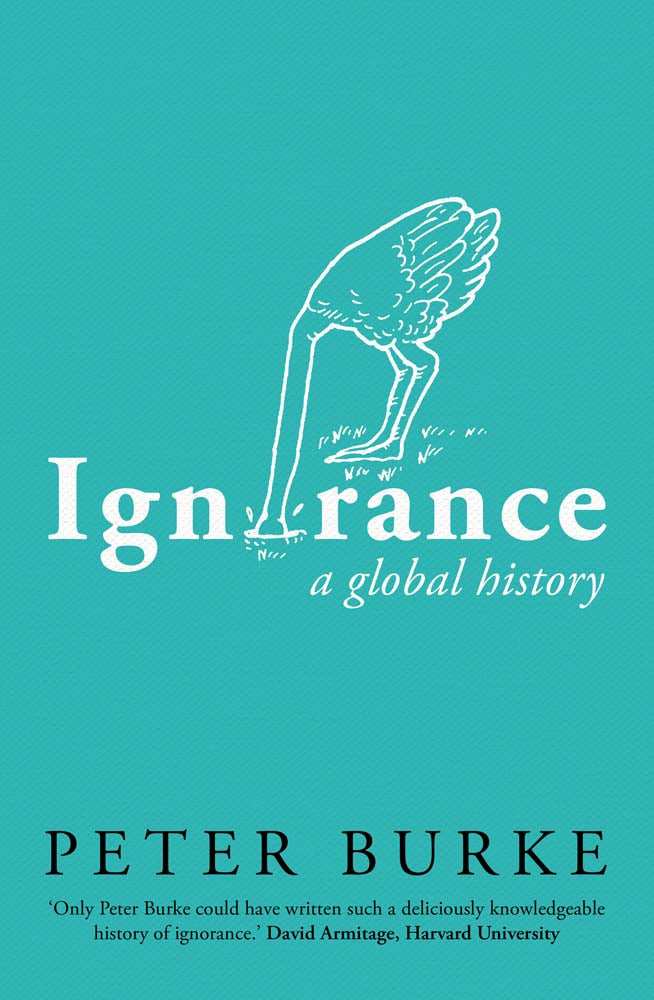-

A note on book covers: while we do our best to ensure the accuracy of cover images, ISBNs may at times be reused for different editions of the same title which may hence appear as a different cover.
Ignorance: A Global History
Ignorance: A Global History
Couldn't load pickup availability
“ A Global History explores the myriad ways in which ‘not-knowing’ affects our lives, sometimes for good, sometimes for ill.”—Michael Dirda, Washington Post
Throughout history, every age has thought of itself as more knowledgeable than the last. Renaissance humanists viewed the Middle Ages as an era of darkness, Enlightenment thinkers tried to sweep superstition away with reason, the modern welfare state sought to slay the “giant” of ignorance, and in today’s hyperconnected world seemingly limitless information is available on demand. But what about the knowledge lost over the centuries? Are we really any less ignorant than our ancestors?
In this highly original account, Peter Burke examines the long history of humanity’s ignorance across religion and science, war and politics, business and catastrophes. Burke reveals remarkable stories of the many forms of ignorance—genuine or feigned, conscious and unconscious—from the willful politicians who redrew Europe’s borders in 1919 to the politics of whistleblowing and climate change denial. The result is a lively exploration of human knowledge across the ages, and the importance of recognizing its limits.
Details of Book
Related Collections:
A note on book covers: while we do our best to ensure the accuracy of cover images, ISBNs may at times be reused for different editions of the same title which may hence appear as a different cover.

-
One Line Summary
Explores the complex history and impact of human ignorance.
-
Who is this book for?
If you're curious about how ignorance has shaped history and continues to influence our world, this book offers fascinating stories and insights. Peter Burke's engaging account uncovers the many faces of ignorance, from political misjudgments to societal blind spots, making you think about what we don't know and why it matters. It's a thought-provoking read for anyone interested in history, science, or human nature.

